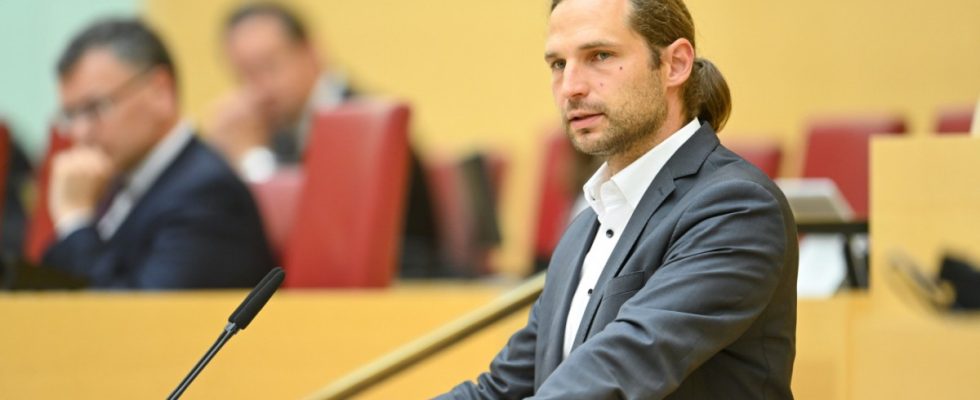The parliamentary groups in the Bavarian state parliament stand by the necessity and the work of the second NSU investigative committee that is coming to an end – but they disagree on the assessment of the results. The work was indispensable and brought valuable new insights, said the committee chairman Toni Schuberl (Greens) on Tuesday in Munich. The CSU and Free Voters, on the other hand, stated that the committee had hardly provided any new insights. Out of respect for the victims and their families, however, everything was tried again to clarify open questions and to clarify the NSU complex as completely as possible, it said.
The NSU was a neo-Nazi terrorist cell, consisting of Beate Zschäpe, Uwe Mundlos and Uwe Böhnhardt, which from 2000 onwards committed ten murders undetected throughout Germany for years. Their victims were nine traders of Turkish and Greek origin and a German policewoman. Mundlos and Böhnhardt also carried out two bomb attacks in Cologne, injuring dozens. The two killed each other in 2011 to avoid being arrested – only then was the NSU exposed. Zschäpe, the only survivor of the trio, was sentenced to life imprisonment in 2018 after a five-year trial.
One of the aims of the committee of inquiry was to clarify possible connections between the NSU and the neo-Nazi scene in Bavaria. Holger Dremel (CSU) and Wolfgang Hauber (Free Voters) explained that there was still no evidence of a Bavarian support network for the NSU core trio. Her final conclusion: “It can neither be ruled out nor proven that there was an NSU supporter network in Bavaria.”
Schuberl said it had turned out that Bavaria, with the use of at least one informant, was jointly responsible for “the fact that the right-wing extremist scene has been significantly strengthened, professionalized, financed and organized not only in northern Bavaria, but nationwide and especially in Thuringia”. The NSU developed out of this scene. In addition, Schuberl criticized a “missing look to the right” in the investigation before the NSU self-disclosure.
Matthias Fischbach (FDP) complained: “Unfortunately, it’s difficult to find evidence when the state government keeps obstructing the gathering of evidence.” The work was characterized by an exaggerated practice of blackening and secrecy by the Ministry of the Interior.

